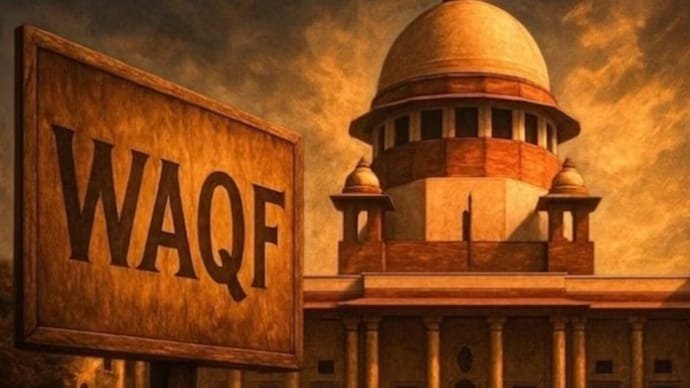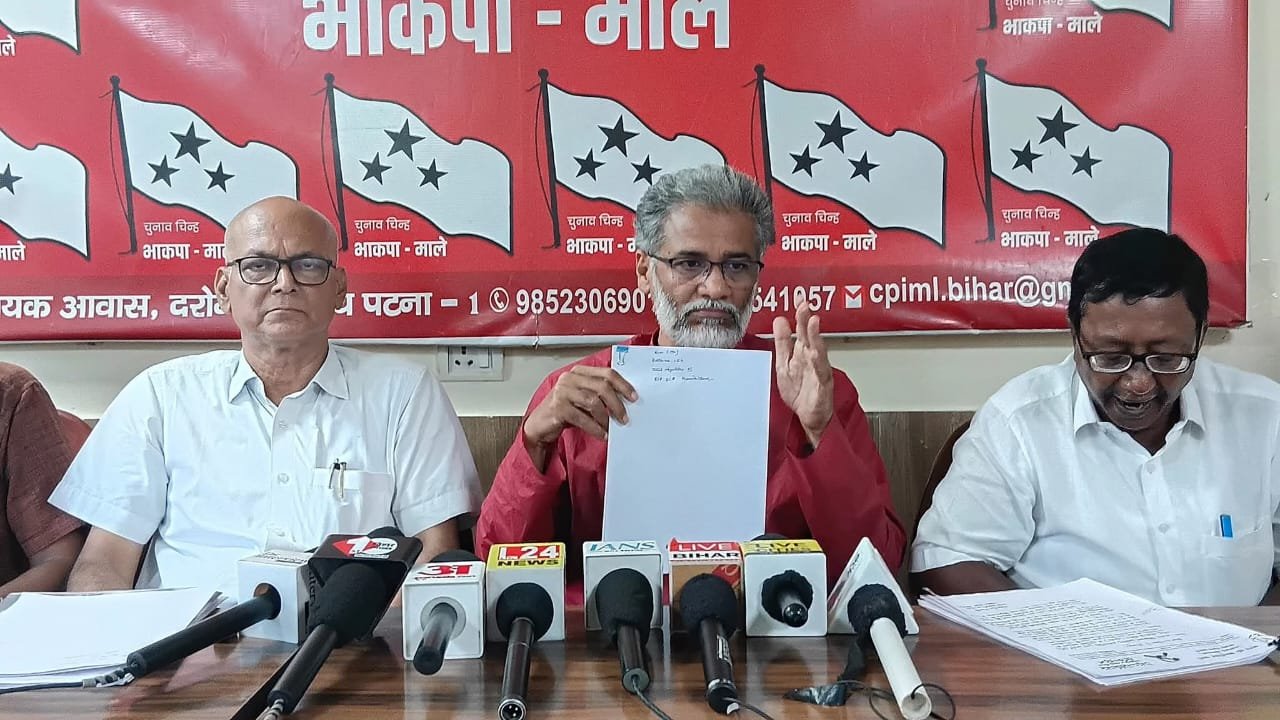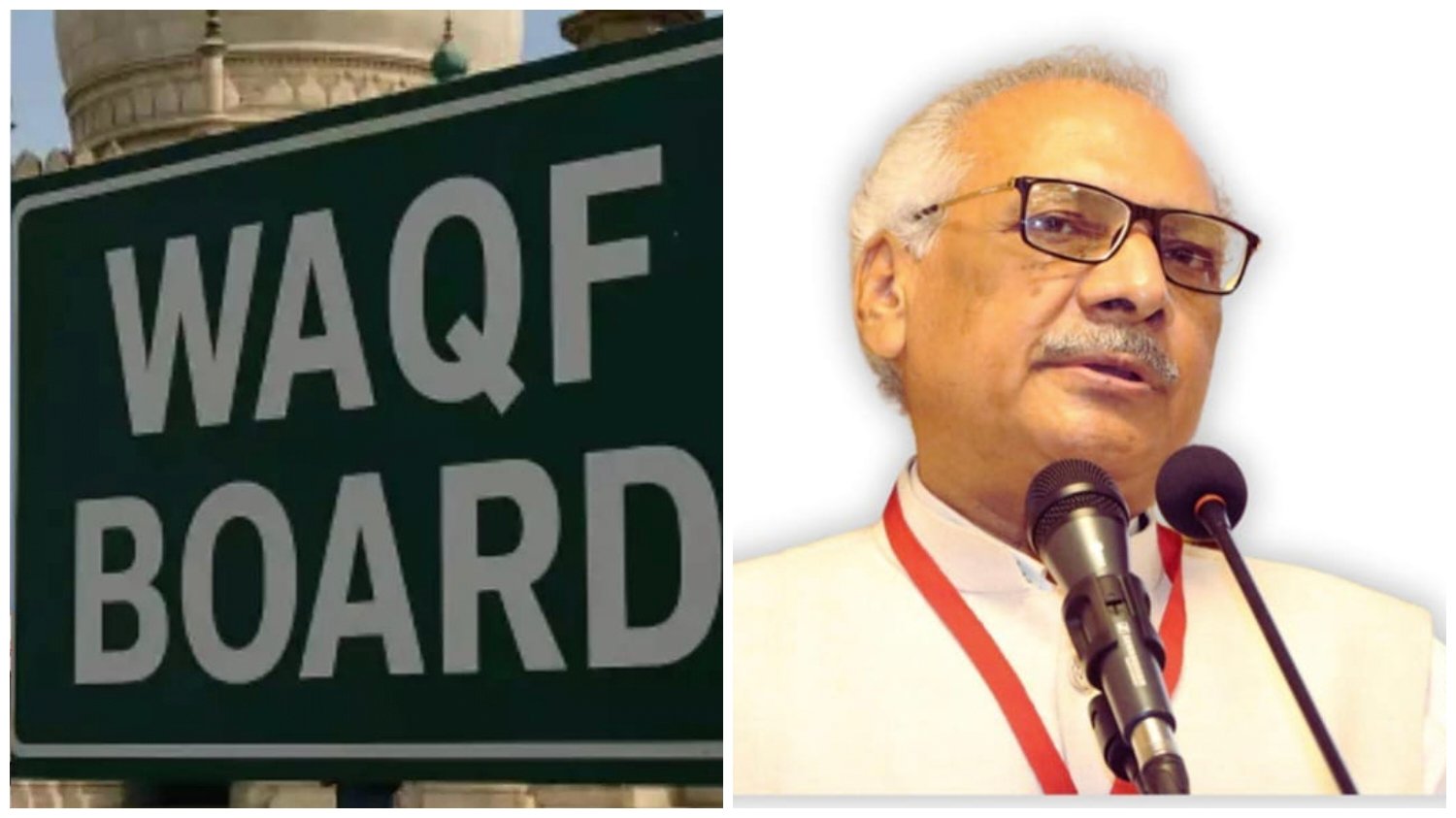Insaaf Times Desk
The Supreme Court on Monday issued a significant interim order, putting a stay on several contentious provisions of the Waqf (Amendment) Act, 2025. The court observed that some clauses, if enforced without a clear mechanism, could lead to arbitrary and unconstitutional outcomes.
One of the provisions required that a person must have practiced Islam for at least five years to be eligible for membership in a Waqf Board. The Supreme Court ruled that until state governments establish a proper framework to verify this condition, it cannot be implemented. The bench warned that without such a system, the requirement could prove to be “arbitrary.”
The court also stayed the clause that allowed the government to derecognize Waqf land even before resolving a property dispute. It stated that granting collectors the authority to decide land disputes goes against the principle of separation of powers. Until a court or Waqf Tribunal decides on the title, the concerned land will remain unaffected. The court further directed that no third-party rights should be created over disputed land.
The Supreme Court ordered that the number of non-Muslim members in the Central Waqf Council must not exceed four, while in state Waqf Boards, the cap will remain at a maximum of three.
The court, however, did not intervene in the provision permitting the appointment of non-Muslims as Chief Executive Officers (CEOs) of state Waqf Boards. It did, however, underline that “as far as possible,” a Muslim should be appointed to the post.
Regarding the registration of Waqf institutions, the Supreme Court made no changes, noting that the same condition had been in effect from 1995 to 2013, and therefore, there was no reason to interfere.
The interim order comes amid the ongoing debate and controversy surrounding the Waqf (Amendment) Act, 2025. The court clarified that the provisions stayed for now will be subject to final adjudication during the detailed hearing.













